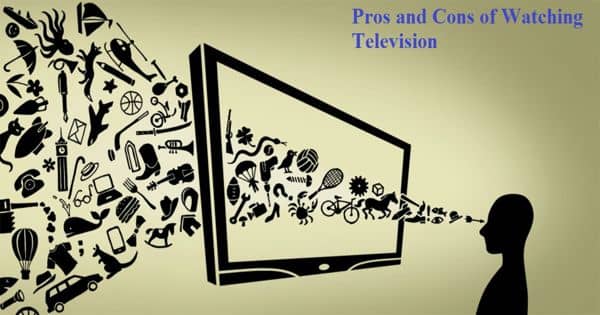Favoritism is the unethical practice of favoring some people over others. Favoritism is, as the name implies, the practice of showing favor to certain people. Showing favor can take the form of treating the person better, being nicer to the person, or even simply not punishing the person as harshly as you would someone else.
Favoriting someone is usually done to thank them for being nice to you. It is natural for humans to like other people because they show that they like us. We want to feel good, so we gravitate toward those who make us feel good. Furthermore, teachers or employers can show favoritism when they view a student or subordinate as being capable or innately good. This is because we are always inclined to feel positive about those who endorse our own beliefs about work ethics and values.
Favoritism in the workplace refers to a situation in which a person in a position of authority shows a preference for one employee over others. This is usually unrelated to their job performance and occurs as a result of a personal bond or friendship that the two have. As a result, the favored employee may be assigned to more advanced projects or be promoted ahead of others with higher qualifications. They might also face fewer or no consequences for being late or failing to meet deadlines.
However, showing favoritism can have severe consequences. The employer favoring a worker can have a negative impact on group dynamics in the workplace. The majority will regard this as unfair and unprofessional. It does not reflect well on the employer as he is not seen to be objective about matters in the workplace. In the same way, teachers who favor certain students run the risk of incurring the jealousy and displeasure of other pupils. The latter may then be hostile to the teacher and pupil involved, resulting in unhappy relations in the classroom.
Furthermore, the unhappiness caused by favoritism is completely unnecessary in any situation. The person who favors someone will lose credibility because he is perceived as being unable to be a good model of behavior. It is acceptable to like certain people, but showing favoritism goes beyond tolerance. The person being favored may also face the hostility and sarcasm of his peers. Even though he is favored, the situation is not in his favor!
It is critical that we do not cause unnecessary problems for other people and ourselves by imposing our own attitudes on others.
















